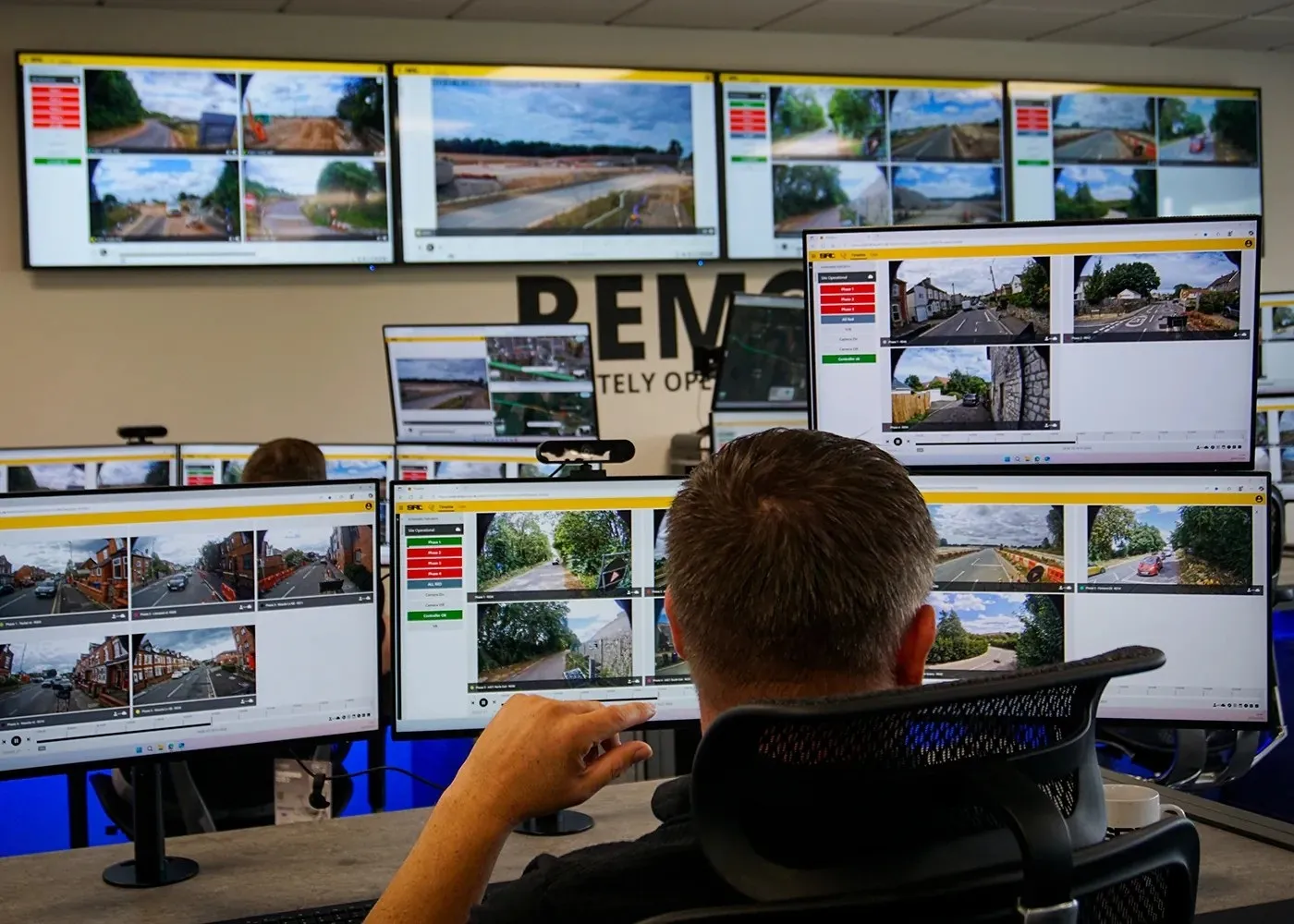UK enforcement supplier Videalert has launched a civil enforcement as a service (CEaaS) solution. Using the company’s Department for Transport Manufacturer Certified hosted platform, CEaaS enables councils to significantly change the way they specify and procure CCTV–based enforcement systems. It introduces the ability to purchase CCTV traffic services on demand with installations taking place in days rather than months.
Available for a fixed monthly cost per location or on a fee-per-PCN basis, CEaaS
June 23, 2015
Read time: 3 mins
UK enforcement supplier 7513 Videalert has launched a civil enforcement as a service (CEaaS) solution. Using the company’s Department for Transport Manufacturer Certified hosted platform, CEaaS enables councils to significantly change the way they specify and procure CCTV–based enforcement systems. It introduces the ability to purchase CCTV traffic services on demand with installations taking place in days rather than months.
Available for a fixed monthly cost per location or on a fee-per-PCN basis, CEaaS is delivered as a fully managed service. It includes the planning, supply, installation, commissioning and ongoing maintenance of all necessary on-street equipment with the latest digital cameras and associated communications connectivity. This flexible solution allows the equipment to be moved and relocated as required and, at the end of any agreed CEaaS term, it can continue in place or be removed as part of the service.
The service enables councils to rapidly deploy enforcement of a wide range of moving traffic offences including banned turns, yellow box junctions, bus lanes, weight limits and vehicle restricted access areas. It also provides a cost effective solution to enforce parking offences on no parking zones outside schools, one of the exemptions provided in the recent Deregulation Bill. Contraventions are automatically captured at the time they occur and then transferred to the hosted server platform without using any council IT infrastructure or communication networks. Evidence packs can be remotely reviewed and processed by council staff using standard web browsers, before confirmed offences are sent to the council’s PCN back office system.
If there is no PCN back office in place, Videalert can extend CEaaS to include the review and approval of evidence packs by fully trained CEOs and the despatch of PCNs to registered owners of vehicles. To further reduce the number of appeals, recipients of a PCN can view still photographs and video footage of the alleged offence over the internet.
According to Tim Daniels, sales and marketing director of Videalert, “CEaaS provides a cost effective and secure CCTV enforcement solution that allows councils to quickly and easily introduce unattended operations to improve productivity and efficiency. It eliminates the need to undertake major procurement exercises, as well as the projects to install hardware and software.
“CEaaS is also highly flexible, allowing further systems to be installed or existing ones removed to meet local needs without saddling councils with obsolete technology. Several proposals are under active consideration and we expect to announce our first customer shortly.”
Available for a fixed monthly cost per location or on a fee-per-PCN basis, CEaaS is delivered as a fully managed service. It includes the planning, supply, installation, commissioning and ongoing maintenance of all necessary on-street equipment with the latest digital cameras and associated communications connectivity. This flexible solution allows the equipment to be moved and relocated as required and, at the end of any agreed CEaaS term, it can continue in place or be removed as part of the service.
The service enables councils to rapidly deploy enforcement of a wide range of moving traffic offences including banned turns, yellow box junctions, bus lanes, weight limits and vehicle restricted access areas. It also provides a cost effective solution to enforce parking offences on no parking zones outside schools, one of the exemptions provided in the recent Deregulation Bill. Contraventions are automatically captured at the time they occur and then transferred to the hosted server platform without using any council IT infrastructure or communication networks. Evidence packs can be remotely reviewed and processed by council staff using standard web browsers, before confirmed offences are sent to the council’s PCN back office system.
If there is no PCN back office in place, Videalert can extend CEaaS to include the review and approval of evidence packs by fully trained CEOs and the despatch of PCNs to registered owners of vehicles. To further reduce the number of appeals, recipients of a PCN can view still photographs and video footage of the alleged offence over the internet.
According to Tim Daniels, sales and marketing director of Videalert, “CEaaS provides a cost effective and secure CCTV enforcement solution that allows councils to quickly and easily introduce unattended operations to improve productivity and efficiency. It eliminates the need to undertake major procurement exercises, as well as the projects to install hardware and software.
“CEaaS is also highly flexible, allowing further systems to be installed or existing ones removed to meet local needs without saddling councils with obsolete technology. Several proposals are under active consideration and we expect to announce our first customer shortly.”









